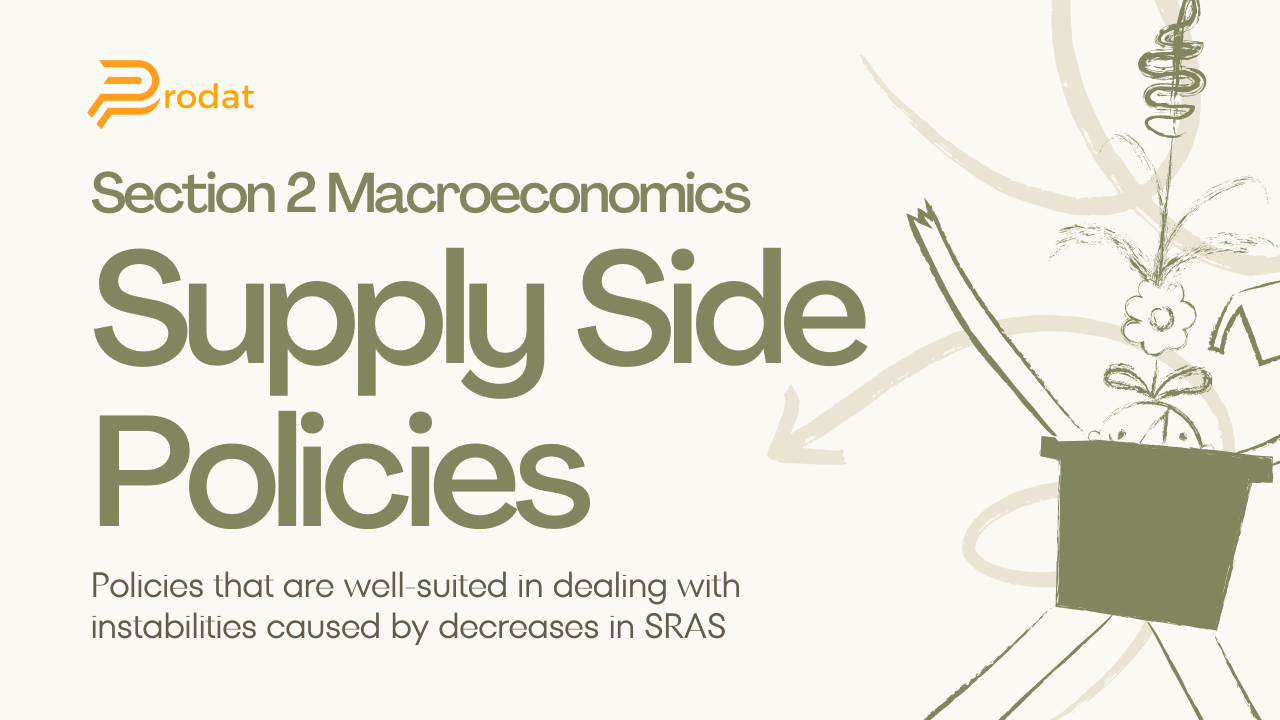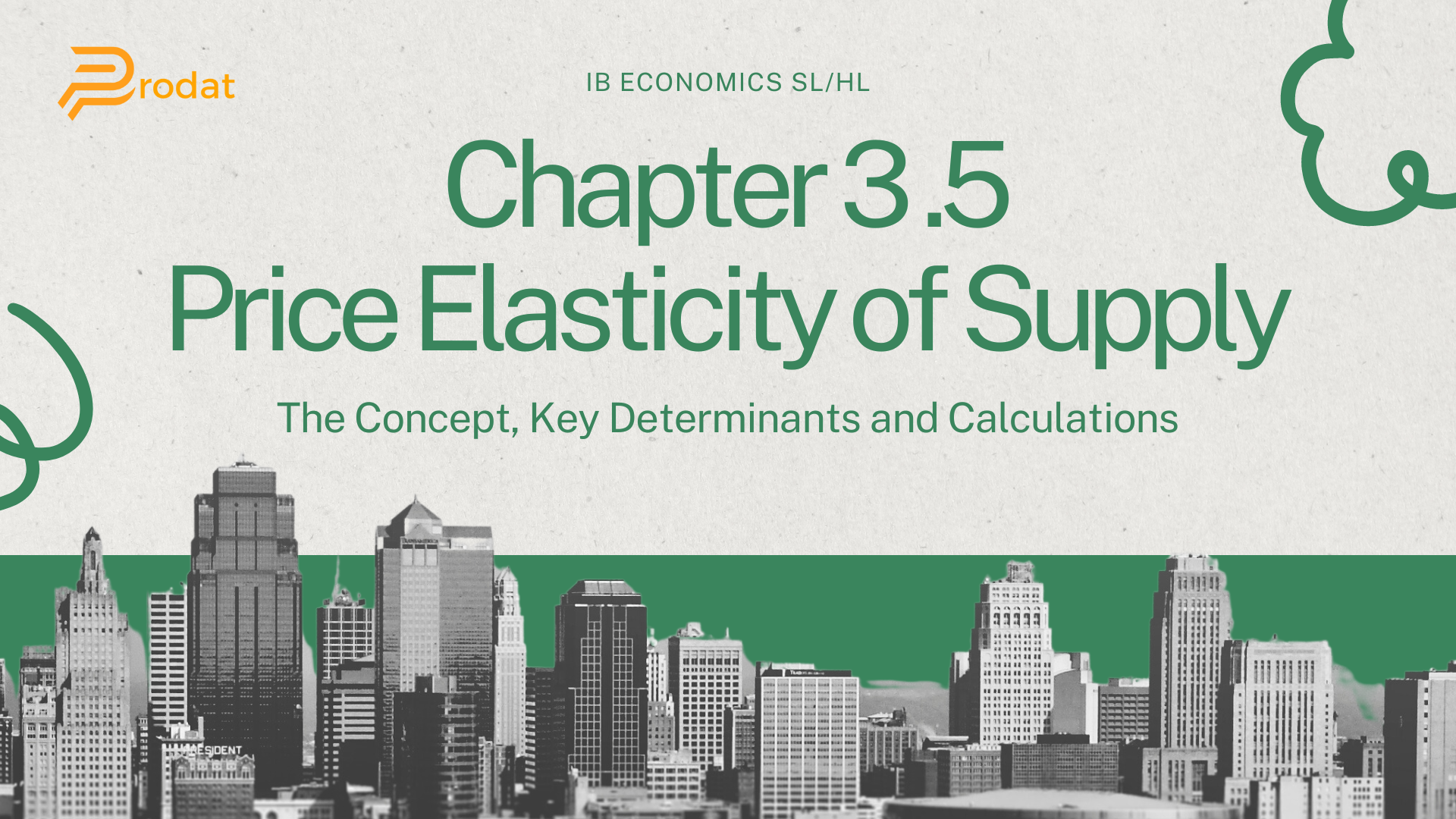Table of Contents
Introduction
Getting a good score in IB and IGCSE have become so incredibly hard and to deal with failure afterwards is even harder. With hundreds of worksheets and tests, it is no doubt that you would fail some of them, so much so that failing has become a core part of the IGCSE and IB journey, and those who can’t deal with that failure or learn from them will struggle the most.
In my personal experiences, I failed in some IGCSE tests and multiple IB ones. When I saw the rest of my friends passing in what seems to be an easy topic like Bahasa Indonesia, I look at my own scores and wonder if I’m a failure (don’t lie, you’ve thought of that before). But the more I failed, the more I noticed that the more I worry about those bad scores, the more I suffer, so in this blog, I will teach you all some tips that might work for you when you want to deal with failure.
Here are the few tips to deal with failure in IGCSE and IB
Tip #1 Failing is not the end of the road!!
When we fail, we feel like we’ve hit a roadblock that demotivates us to try in our next test. The truth is that many successful people have failed before. Some people decide to stay down on the ground forever, but those who become truly successful are the ones that decide to stand back up and face their problems. Failure is what encourages them to try harder and work harder than everyone else so that they can eventually succeed. Take Elon Musk for example: He failed hundreds of times to launch Space X, but after many trial and error, he finally succeeded because he never failed to deal with failure.
Tip #2 Manage your expectations
Some people think that they can make very big improvements in less than a month. They think that after failing one exam, they can improve from a C to an A in the next. STOP DOING THIS! Having unreasonable expectations is what ruins a person’s motivation when they fail. Before making expectations, be sure to calculate the possibility of achieving a good score and then work towards that score.
I find step to be especially useful towards those who have a streak of good scores. You guys always expect to do better in the next test, and when you end up getting lower than you expect, you get disappointed in yourself, failing to deal with failure. Instead of pressuring yourself to do better, try getting consistent good scores, and you will eventually find things you can improve slowly.
Tip #3 Once it’s done, it’s done
Look. Listen. This is important. When you finish a test, and get the score at the end, it’s done. Not everything in life goes to plan. When you fail, stop thinking about it. Something in the past cannot be changed anymore, it is important to not dwell on the past for too long because that’s what causes the most stress. There will be another blog in prodatblog.org to talk more about stress management, but the gist of it is that the past is the past, now the only thing you can change is the future. So focus on doing better on your next exam, and stop thinking about the fact that you failed in a previous exam.

Conclusion
In conclusion, everybody goes through their own failures and success. Being able to deal with failure and understanding that failure is just another part of the IB and IGCSE journey can take you towards greater heights. IT’S ABOUT TIME YOU UNLOCK YOUR TRUE POTENTIAL!!
Also if you’re interested in some study methods go check out this blog.





